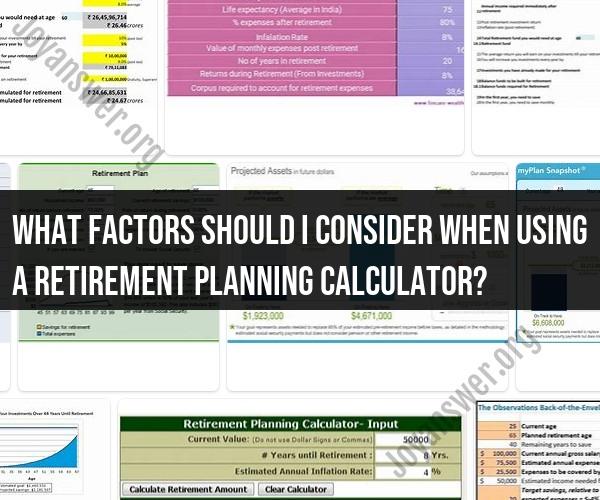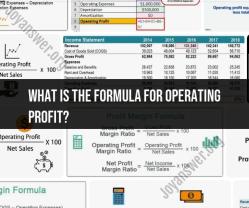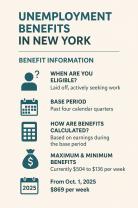What factors should I consider when using a retirement planning calculator?
Retirement planning calculators are valuable tools that help individuals estimate their retirement savings goals and potential outcomes. In this article, we'll explore the key factors to consider when using retirement planning calculators to ensure you're making informed financial decisions.
Understanding Retirement Planning Calculators
Retirement planning calculators are online tools that assist you in projecting how much money you need to save for a comfortable retirement. These calculators consider various variables, such as your current savings, annual contributions, expected returns, and retirement age, to estimate your retirement fund's growth over time.
Factors to Evaluate in Retirement Planning Calculators
1. Current Financial Situation
Provide accurate information about your current savings, investments, and other retirement accounts. This serves as the starting point for the calculator's projections.
2. Retirement Age and Goals
Enter your desired retirement age and the lifestyle you envision during retirement. Some calculators allow you to adjust your retirement age to see how it impacts your savings goal.
3. Expected Rate of Return
Consider the average annual return you expect from your investments. While historical market averages can guide you, be realistic and conservative in your projections.
4. Inflation Rate
Factor in inflation to ensure your retirement savings maintain their purchasing power over time. A common estimate for inflation is around 3% per year.
5. Annual Contributions
Specify how much you plan to contribute to your retirement fund each year. Regular contributions can significantly impact the growth of your savings.
6. Social Security and Other Income
Include any expected Social Security benefits, pensions, or other sources of retirement income. This helps create a more comprehensive picture of your financial situation.
7. Health Care Costs
Consider the potential costs of healthcare and medical expenses during retirement. Some calculators allow you to account for these costs, which can be significant.
8. Lifestyle Expenses
Estimate your retirement lifestyle expenses, including housing, travel, hobbies, and other discretionary spending. This helps you determine if your savings are aligned with your retirement goals.
Using Retirement Planning Calculators Effectively
While retirement planning calculators offer valuable insights, it's important to use them effectively:
1. Be Realistic
Avoid overly optimistic assumptions. Conservative estimates can help you better prepare for unexpected financial challenges.
2. Regularly Update Information
As your financial situation changes, update the calculator's inputs to ensure accurate projections. Regular reviews help you stay on track.
3. Consider Professional Advice
While calculators are useful, consulting a financial advisor can provide personalized insights and recommendations tailored to your specific situation.
Conclusion
Maximizing retirement planning calculators involves careful consideration of various financial factors. By evaluating these essential factors and using calculators effectively, you can gain a clearer understanding of your retirement goals, make informed savings decisions, and work towards a financially secure future.












